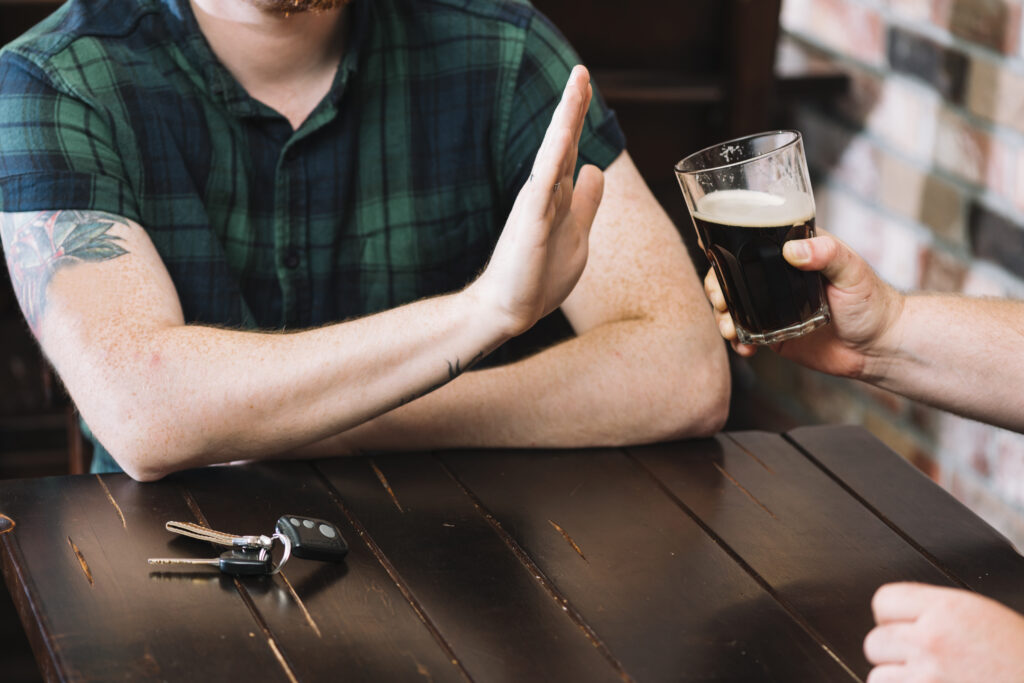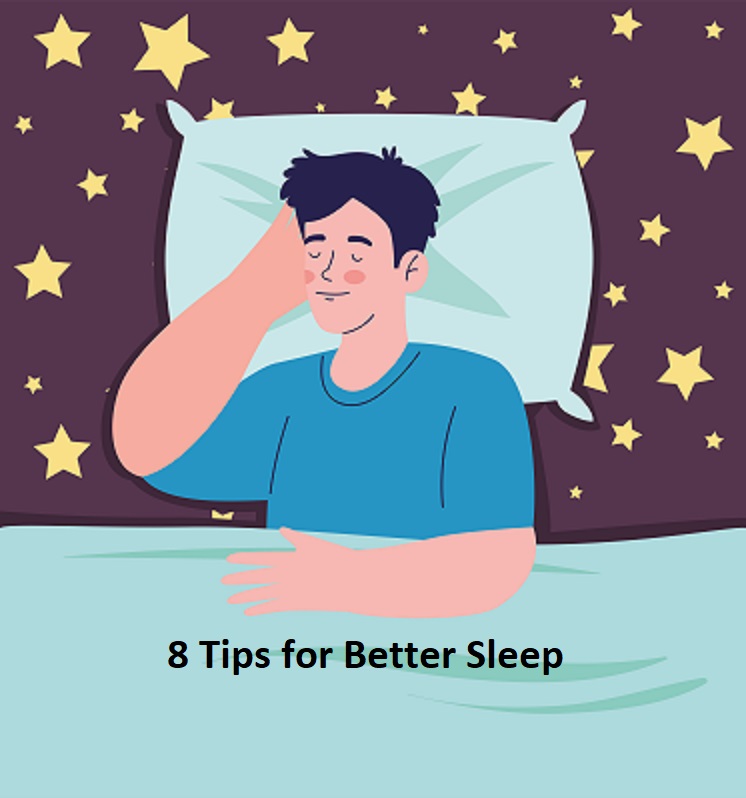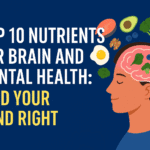Getting a good night’s sleep is crucial for both physical and mental health. But in today’s world
thanks to busy schedules, deadlines, performance pressure and tons of responsibilities, many
of us struggle to unwind and sleep deeply without turning to medications. While sleeping pills
may provide short-term relief, they often come with side effects, dependency risks,and
interrupted sleep cycles. Fortunately, there are natural ways to improve sleep quality without
medications.
If you are wondering how to sleep better naturally, you’re not alone. We’ll explore 8 scientifically
backed tips that offer natural sleep solutions—no pills required.
- Set a Consistent Sleep Schedule
One of the best tips for good sleep at night is sticking to a regular sleep routine. Building up a
fixed routine , going to bed and waking up at the same time every day, even on weekends,
helps regulate your body’s internal clock ( circadian rhythm).
When your sleep-wake up cycle is consistent, you’re more likely to fall asleep naturally and
experience deeper , more restful sleep. It may take some time to adjust , but once your body
gets into rhythm , sleep becomes more easier and restorative.
TRY THIS: Set an alarm not only for waking up but also for going to bed. This helps establish a
bedtime ritual and supports long-term sleep hygiene. - Create a Relaxing Bedtime Routine
Natural sleep tips often begin with a pre-bed wind-down period. The brain needs cues to know
when it’s time to slow down. Engage in calming activities like reading, journaling, meditating, or
taking a warm bath 30-60 minutes before bed. Avoid stimulating activities such as checking
emails, scrolling social media, or intense workouts late at night. Blue lights from the screens
suppress melatonin, the hormone responsible for sleep, making it harder to sleep naturally.
Relaxation techniques such as guided imagery, progressive muscle relaxation, and deep
breathing significantly improves sleep onset and quality. Listening to ASMR or sounds of rain or
calming music may help you relax. Meditating for a few minutes with deep breaths can also help
the nervous system calm down.
Limit Caffeine and Alcohol Intake

If you’re serious about improving your sleep quality without medication, keep an eye on your
caffeine and alcohol consumption. Caffeine is a stimulant that can linger in your system for 6-8
hours, making it difficult to fall asleep even if you’re tired. Similarly, alcohol may make you
drowsy initially , but it disrupts the later stages of sleep and reduces REM sleep.
Natural Sleep Tip: Avoid caffeine after 2 p.m. and limit alcohol early evening if consumed at
all. Along with alcohol , limit down moderate caffeine intake in the late afternoon as it can
significantly delay sleep onset and shorten total sleep time.
- Optimize Your Sleep Environment
Your bedroom should be a sanctuary. Small changes can make a big difference in your ability to
sleep without sleeping pills.
Here’s how to improve your sleep naturally:
● Temperature: Keep the room cool (around 60–67°F or 16–19°C).
● Darkness: Use blackout curtains or an eye mask to block light.
● Silence: Use earplugs or white noise machines to cancel disruptive sounds.
● Comfort: Invest in a quality mattress and breathable bedding.
Our environment plays a major role in the quality of sleep. Factors like noise and light can
fragment sleep and reduce sleep efficiency–even in people without insomnia. - Be Mindful of Food and Meal Timing
What and when you eat can impact your sleep quality. Eating large meals late at night can lead
to discomfort and indigestion, making it hard to fall asleep naturally. Certain foods, however, can
help promote better sleep.
Sleep-friendly snacks include:
● Bananas (rich in magnesium and potassium)
● Almonds and walnuts (contain melatonin)
● Tart cherry juice (a natural melatonin booster)
● Herbal teas like chamomile or valerian root
Home Remedies for Better sleep: Drinking warm milk with a pinch of turmeric or a spoon of
honey before bedtime is a traditional Indian remedy believed to support calmness and natural
sleep. Using jasmine oil or drinking jasmine/chamomile tea a few hours before bedtime also
helps in better sleep quality. - Get Regular Sunlight and Stay Active
Exposure to natural sunlight during the day, early in the morning, helps regulate your circadian
rhythm. Similarly, regular physical activity promotes deeper, non-REM sleep. Aim for at least 30
minutes of moderate exercise 5 days a week, preferably during the day. Evening workouts can
be too stimulating and may delay sleep.
- Practice Stress Management Techniques
Anxiety and overthinking are common culprits behind sleepless nights. If your mind races when
your head hits the pillow, try stress-reducing techniques to fall asleep naturally.
Popular Non-Medication Sleep Aids Include:
● Meditation and mindfulness: Apps like Headspace and Calm are great starters.
● Breathwork: The 4-7-8 breathing technique has shown promise for calming the nervous
system.
● Journaling: Write down thoughts to clear mental clutter before bed.
A quick therapist tip : try journaling regularly and being as expressive as possible, also try
thought reframing as these significantly reduce sleep onset latency. Replace every negative
thought for a positive one and experience the magic! - Use Natural Sleep Aids (But Wisely)
If you’re searching for home remedies for better sleep or natural sleep solutions, certain
supplements and herbal aids might help:
● Melatonin (short-term use)
● Magnesium (especially for restless legs or stress)
● Valerian Root and Chamomile Extract
● Lavender Aromatherapy (shown to improve sleep quality)
Caution: Always consult a healthcare provider before starting supplements, especially if you
have existing conditions or take medication. Use essential oils like lavender or cedarwood in a
diffuser or pillow spray to enhance relaxation.
If you’re tired of relying on pills and wondering how to sleep better and peacefully naturally,
these eight tips offer effective and proven strategies. Your body is constantly working every
second to keep you alive and working so you can give your best, in return give it rest with
proper sleep! Sometimes, all it takes is a few lifestyle adjustments, a consistent routine, and a
bit of patience.
Sleep without sleeping pills is not just possible but also a healthier, longer-lasting way to enjoy
restful nights and energized days!


